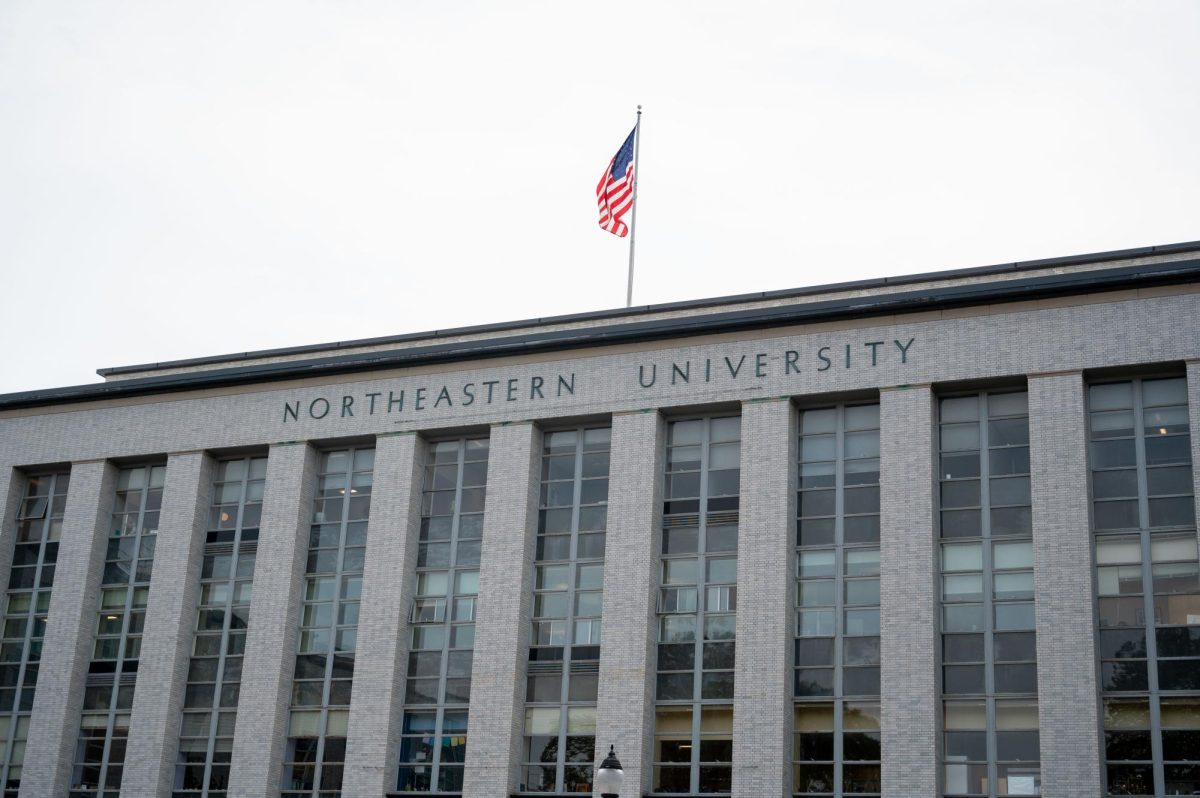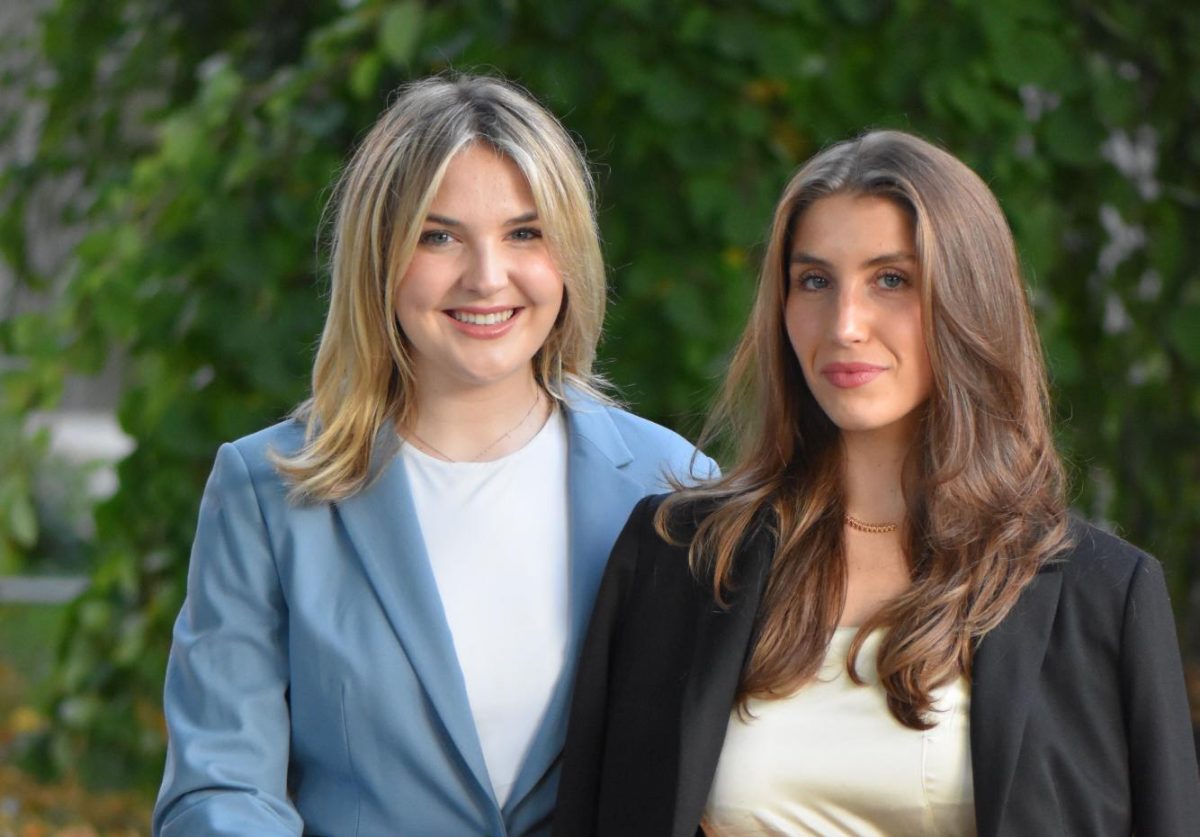 By Sarah Metcalf and Glenn Yoder
By Sarah Metcalf and Glenn Yoder
This Saturday, at approximately 3:15 p.m., while the rest of Boston was being covered in white, the Curry Student Center went black.
In the midst of this year’s first large winter storm, the building’s transformer died. The power remained off for approximately three hours until an emergency generator could be installed. Immed-iately, the staff ordered a replacement for the failed piece of equipment.
“The system fails from time to time,” said Robert Grier, the director of operations at the student center. “Gener-ators are not a planned maintenance. It just so happened to fail during a major storm. However, it could have failed on a Monday afternoon, so maybe it was a good time. The important thing people need to know is that as soon as it happened, the university hooked up an emergency generator and we opened on schedule Sunday morning.”
The failure only added to the obstacles on campus caused by seasonal conditions. The winter storm that passed through New England dumped anywhere from 20-24 inches of snow around greater Boston. However, the weather did not only create problems for the student center.
The city went into storm emergency mode as the mayor deployed 300 pieces of salting, sanding and snow removal equipment in an attempt to make the roads safer for drivers. Even with clearer streets, Mayor Thomas M. Menino placed a temporary parking ban on the city and advocated citizen use of public transportation, according to a statement from the mayor’s office. The scarce parking caused by the snow and strictly enforced rules made the morning commute difficult for students as well as professors.
“I usually park on Parker Street, but there were snow banks everywhere,” said journalism lecturer Dana Braga. “So then I went to the parking garage, but there were no spots there either — it was just ridiculous. I eventually had to cancel my [8 a.m.] class. I felt awful for the students who got up and went to class.”
Braga was not the only professor who had to call off a class.
“One of my classes was canceled and at another one, my professor showed up a half-hour late because [the professor] couldn’t get there,” said Dan Lee, a sophomore engineering major. “Because the professor showed up late, they had to cancel a test and we have to have it tomorrow instead. I have a lot of other stuff to do, and I think school should have just been canceled.”
The parking ban issued by Menino remained in effect until 6 p.m. Monday night. Subsequently, the Boston Trans-
portation Department issued 3,883 tickets and towed 112 vehicles over the weekend, according to Menino’s office. As a result, many commuters had to rely on the subway.
“I was a half-hour late to classes because the trains were delayed,” said Erica Tochin, a freshman journalism major. “The T was really packed, it was going 10 miles per hour, it felt unstable and it was already late.”
Even the walk from the tracks to class could be treacherous, said Thai-Anh Hoang, a middler international business and accounting major.
“It was hell to walk to class. There was so much snow,” Hoang said. “There was especially a lot of snow at T stops. They didn’t plow and you couldn’t tell where the T tracks were. It was kind of hazardous. They definitely should have canceled school.”
Despite the temporary blackout at the Curry Student Center and the snowy weather, Grier said the occupancy numbers actually rose in the building after it re-opened Saturday night.
“This shows a certain type of commitment,” he said. “Our staff proved itself really exemplary. People were jumping over snow banks to come in to work. The students want a place to hang out and escape their rooms when they think nothing is really going on. We want to make sure the student center is that place.”
It is still up in the air when a new transformer will arrive, Grier said. Most likely the installation will occur over the winter break when there is less of a risk of interruption to students.









